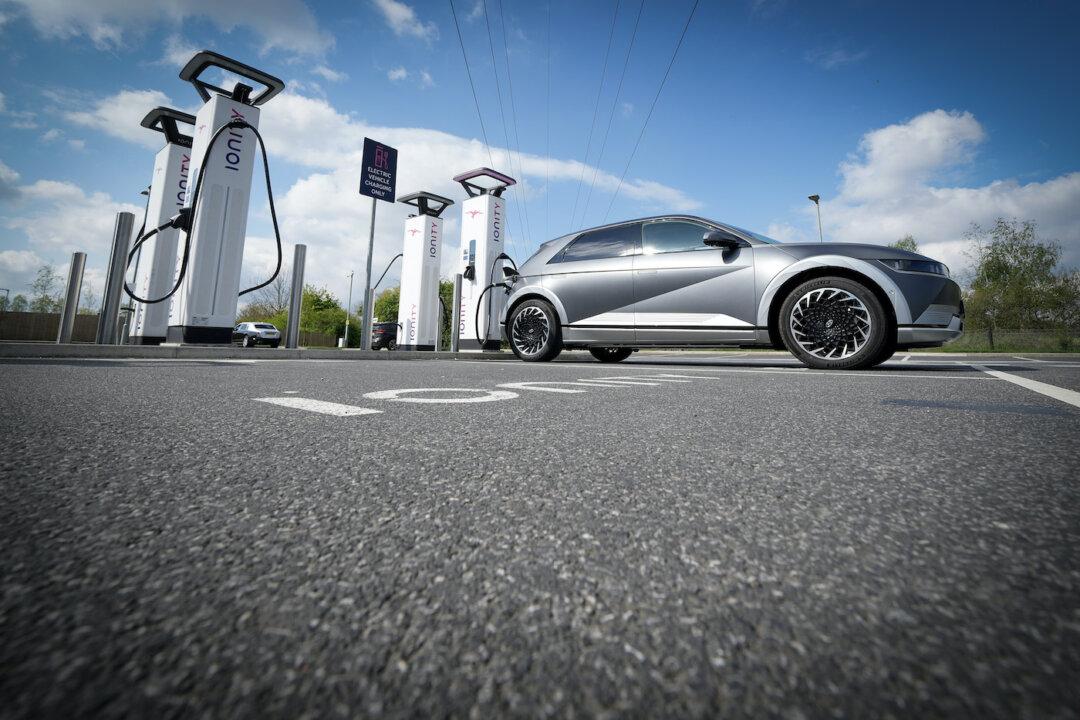Pennsylvanians pay the highest state gas tax in the nation at 61 cents per gallon. That is on top of the 18.4 cents per gallon for the federal gas tax drivers pay in every state. Gas tax money is used for road repairs, but electric vehicle (EV) drivers don’t buy gas, and so don’t contribute to the upkeep of roads.
That is why the Pennsylvania House Transportation Committee has begun talking about how to capture road use fees from EV users.





